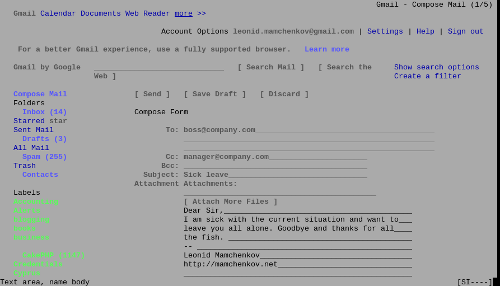It’s been a while since I changed the theme of the site. Today I felt like I needed it again. I looked around, checked a few options, and decided to go with the Carrington theme from the excellent folks at Crowd Favorite. It looks simple, yet elegant, fresh and modern. And it is not just your average WordPress theme. It is a whole framework. I didn’t have much to play with it yet, but even from the first few looks it’s very interesting. The theme files and logic are organized in such a way that makes modifying it and building on top of it extremely easy. And unlike some other frameworks, it doesn’t force you to start designing your theme from scratch. It provides already a default look with a few administration options that are handy for people like me, who are just starting up with it.
The second big change that was done today – IntenseDebate plugin was disabled. IntenseDebate is a nice system, and I totally dig the concept, and all, but it turned out to be slightly annoying for me personally. Somehow, the moderation never worked the way I wanted it to work. Comments and the comment form didn’t look the way I wanted them to look (and I couldn’t bother with styling them myself). And it was slowing the site quite a bit by loading all those images, styles, and the JavaScript. Gladly though, IntenseDebate works well with WordPress and I didn’t have to do anything to get my comments back – they are all here exactly how you’d expect them.
As always, after major changes like these, there will be a brief period of tweaking and tuning. If you notice any issues with the site, please let me know. Also, I’d appreciate your opinions and feedback regarding these changes. Thank you for the patience during the bumpy ride. Hopefully you can still enjoy this place.

